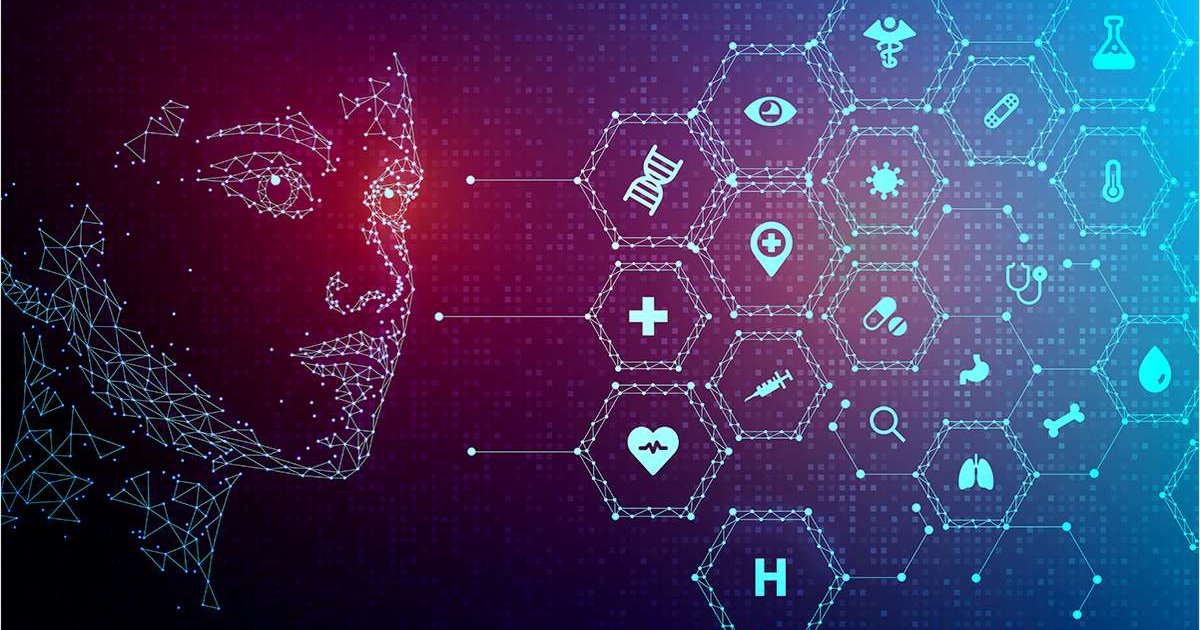In March, most of Mathematica’s 1,300+ employees shifted to remote work. Buzzing offices were quickly replaced with online chats and web meetings, but the work continues, nonetheless. Even services we traditionally conducted in-person, such as our field data collection, have transitioned to remote alternatives. Now more than ever, both at work and in life, we turn to technology and online solutions to help with everything from the mundane to the critical, from placing carryout food orders to “visiting” the doctor through telehealth services.
When I joined Mathematica in 2018 as the chief information officer, it was an unexpected merging of my professional and personal ambitions. My parents purchased our first home computer when I was just 7 and encouraged me to learn to write programs. I created programs for fun little games, and even automated some of my homework. But later experience programming for a group of research scientists helped me understand the power of computing to more rapidly help them find the insights from their laboratory experiments. And I quickly fell in love with using technology to leverage data to solve problems. This drew me to a career in technology in the private sector. Outside of work, I focused on community efforts targeted at filling critical resource gaps where disparities existed in health care and education. Coming to Mathematica gave me the opportunity to align and develop both interests.
For organizations like Mathematica that surface insights to inform policy and practices in the public sphere, technology is and will continue to be a catalyst for change. Our data collection and analysis must be infused with advanced and scalable technology that improves the speed, quality, and depth of insights mined from the vast amount of data that we steward on behalf of our clients.
Our cloud program marks the beginning of creating change. Browse Mathematica.org on any given week and you’ll find examples of how advancements in cloud computing have supported our work, including the use of supervised machine learning; interactive apps; and our growing portfolio of data visualizations using Tableau Public, Flourish, and other cloud solutions. Going forward, we intend to create cloud-native platforms that our partners can use to surface insights. We envision a future with secure and configurable platforms built to jump-start and accelerate our partners’ work. These platforms would be built around common needs, such as aggregating data, ensuring data quality and data integrity, using predictive modeling, leveraging advanced artificial intelligence, and more.
Given that Mathematica’s mission is to improve public well-being, we want to go beyond creating platforms to enhance evidence-based public policy, which is why we are committed to building responsible technology under tenets and policy guidance I created for security, privacy, and ethics.
In terms of security, each platform must be created to a standard beyond the regulatory compliance standards. Our plan is to invest heavily in cyber security talent and solutions, to build solutions that are secured and monitored, and continuously improve on this front. A progressive security posture both in our technology and our practices is the first step in creating trusted environments to combat the ever-changing cyber threat landscape.
In terms of privacy, as keepers of personally identifiable data, health care data, and other sensitive data, we must consider privacy practices to be one of our most important responsibilities. While laws provide some guidance and best practices, most don’t go far enough to comprehensively protect individuals while still allowing data to be harnessed for insights. We envision future systems to have data security classifications that protect private data and guardrails to make sure that data aggregations and interfaces do not undermine these rules. This is another area where harnessing advanced technology practices, allow us to conduct our analytics responsibly and without creating unnecessary risks.
In terms of ethics, we are committed to using advanced technology to shine a light on bias and create pathways toward equity. Although the potential for biased data or biased analysis has always been present in the social sciences, we must ensure that applying new data science tools in the social sciences do not automate or exacerbate inequality. As we increase our use of artificial intelligence, researchers with deep subject matter expertise will be critical for training the algorithms to ask the right questions and accurately analyze the data; they will also be essential for monitoring for unintended consequences, such as data-driven recommendations that discriminate against people because of their race, income, or gender. Models can be built to look for unintended consequences of bias in data and in the resulting analysis and Mathematica staff are already advocating for and modeling fair and transparent algorithmic practices in health care, criminal justice, and child welfare contexts.
I find it’s an amazing time to be a technologist in public policy, but an ongoing focus on security, privacy, and ethics will be critical in making the most of opportunities to leverage technology and enhance public well-being.



